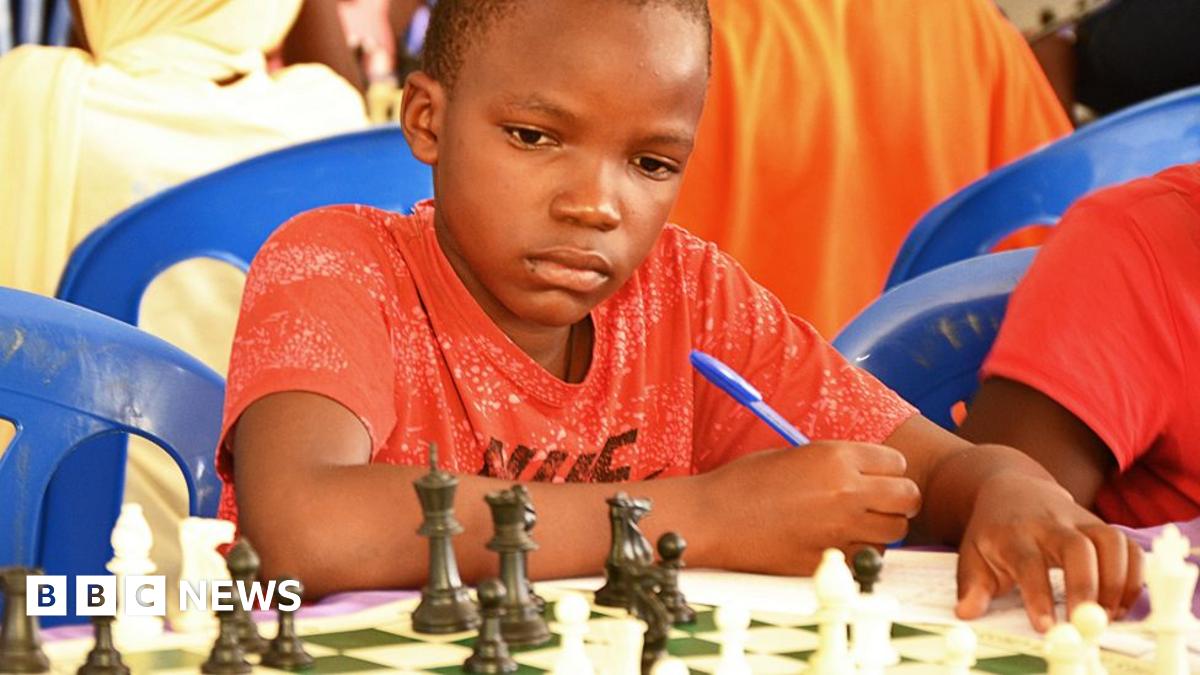Denmark to Draft Women into Military Amidst Rising Russian Tensions and Defense Spending

In a significant shift reflecting evolving geopolitical realities, Denmark has announced plans to extend mandatory military service to include women. This unprecedented move comes as the nation grapples with heightened concerns over Russian aggression and a substantial increase in defense investment. The decision marks a pivotal moment in Danish defense policy and signals a broader trend across Nordic nations reassessing their security postures.
For decades, Denmark's mandatory military service has been exclusively for men aged 18-25. However, with Russia's ongoing war in Ukraine and a general rise in international instability, the Danish government believes expanding the pool of potential recruits is crucial for bolstering national security. The new legislation, currently under parliamentary debate, proposes integrating women into the conscription system, alongside men, to address critical personnel shortages and enhance the country's operational readiness.
Why the Change? The primary driver behind this policy change is the need to strengthen Denmark's defense capabilities. Despite being a member of NATO, Denmark recognizes the importance of maintaining a robust national defense force. The war in Ukraine has underscored the potential for conflict in Europe and the need for nations to be prepared. Furthermore, the Danish military has faced challenges in recruiting sufficient personnel, particularly in specialized areas. Expanding the pool of eligible recruits to include women is seen as a vital step in overcoming this hurdle.
Details of the New Policy: The specifics of the implementation are still being finalized, but the proposal outlines a system where both men and women will be subject to a lottery system. Those selected will be required to undergo a period of basic military training. However, there will be options for conscientious objectors and those with legitimate reasons for not participating. The government has also emphasized that the focus will be on roles that are suitable for all recruits, regardless of gender. There will be exemptions for pregnant women and mothers of young children.
Public Reaction and Concerns: The announcement has sparked a mixed reaction within Denmark. Supporters argue that it is a necessary measure to ensure national security and promote gender equality in the armed forces. Critics, however, raise concerns about the potential impact on women's careers and the logistical challenges of integrating women into all aspects of military service. Some also question the effectiveness of conscription in a modern, technologically advanced military.
Broader Nordic Trend: Denmark's move aligns with a broader trend in the Nordic region. Sweden and Finland, traditionally neutral countries, recently abandoned their non-alignment policies and applied for NATO membership in response to Russia's actions. Norway has also been increasing its defense spending and bolstering its military presence in the Arctic region. These developments reflect a growing sense of unease about the security situation in Europe and a willingness to take steps to safeguard national interests.
Looking Ahead: The Danish government anticipates that the new legislation will be passed by parliament in the coming months. The implementation process is expected to take several years, with the first women potentially being drafted into military service in 2026. The long-term impact of this policy change remains to be seen, but it undoubtedly represents a significant shift in Denmark's approach to national defense and a reflection of the evolving geopolitical landscape. The decision highlights the increasing importance of preparedness and resilience in a world facing complex and unpredictable challenges.






